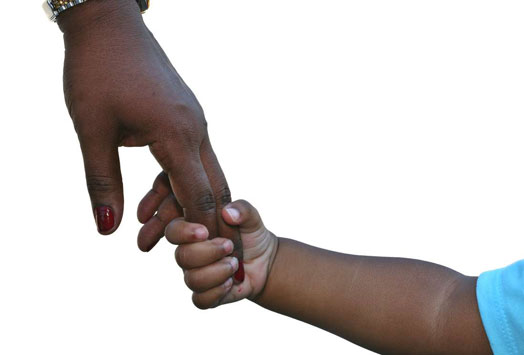Yelling at children can have negative consequences on their emotional and psychological well-being.
It is important to note that negative consequences of yelling at children extend beyond the immediate emotional distress.
Instead of resorting to yelling, parents can explore alternative discipline strategies such as setting clear expectations, using positive reinforcement, implementing time-outs, and practicing active listening. Consistent and positive communication helps create a supportive and nurturing environment for children to thrive.
Here are six reasons why parents should consider alternative approaches to discipline and communication:
Emotional impact
Yelling can be emotionally distressing for children.
It can lead to feelings of fear, anxiety, and insecurity. Constant exposure to yelling may negatively impact a child’s self-esteem and emotional development.
Ineffective communication
Yelling often hinders effective communication.
Children may become defensive or shut down emotionally, making it difficult for them to understand the message or learn from the experience.
Calm and open communication fosters a better understanding between parents and children.
Modeling behaviour
Parents serve as role models for their children.
Yelling teaches children that raising one’s voice is an acceptable way to express frustration or resolve conflicts.
Modeling respectful and effective communication is crucial for teaching children healthy ways to express themselves.
Long-term effects on behavior
Yelling may create a cycle of negative behavior.
Children who experience frequent yelling may become desensitized to it, making it less effective over time.
This can lead to a need for increasingly harsh forms of discipline to achieve the same result, potentially escalating the situation.
Damage to the parent-child relationship
Yelling can strain the parent-child relationship.
Children may develop a negative perception of their parents, leading to a breakdown in trust and a reluctance to confide in or seek guidance from their parents. Building and maintaining a strong, positive relationship is crucial for a child’s overall well-being.
Stress and guilt
Yelling can contribute to elevated stress levels for both parents and children. Parents may feel guilty or regretful after yelling, adding to their stress.
Finding alternative, constructive ways to address issues can reduce stress for everyone involved and promote a healthier family environment.


